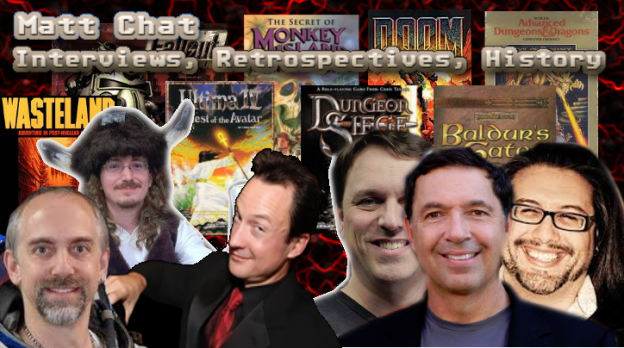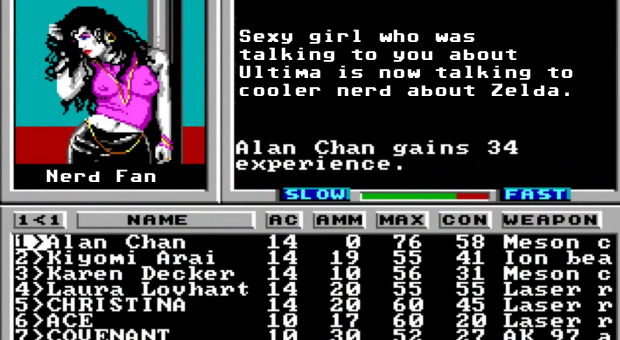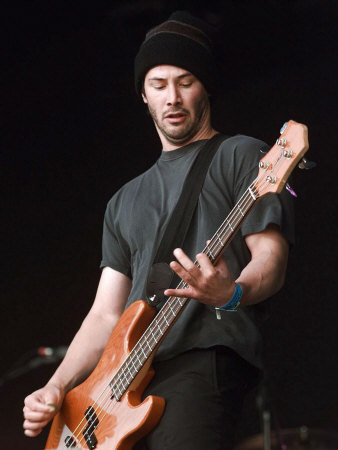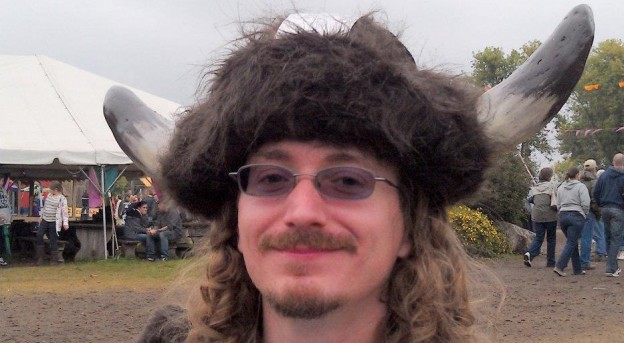I’ve been teaching a rhetoric of pop culture class this semester. Instead of focusing on videogames, I’ve been focusing on another of my favorite pop culture phenomena–the zombie. One of our textbooks is by Kyle Bishop, whose book American Zombie Gothic earned him a PhD. One of the most fascinating aspects of his argument is that horror films are a “barometer” of our cultural anxieties and a panacea; a sort of displacement therapy. It’s been awhile since I read Freud’s Interpretation of Dreams, but apparently dreams work something like this: (a) You get stressed out over something that you’re just not ready to cope with, such as a good friend trying to sleep with your wife. The thought horrifies you, so you try to repress it. (b) At some point that day, you see a shark documentary. (c) That night, you dream that you’re out swimming with some dolphins, and suddenly one of them turns into a shark and starts pursuing you. Thus, your subconscious mind has put together an allegory for you–the dolphin turned shark is your friend who is trying to “kill you” by possibly destroying your family. Take this concept, apply it to a cultural rather than individual level, and you can see how we might find it easier to deal with zombies on the screen than dwell on the real possibilities of pandemic, economic collapse, or our prisons “overrunning” with deadly pot smokers.






